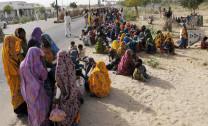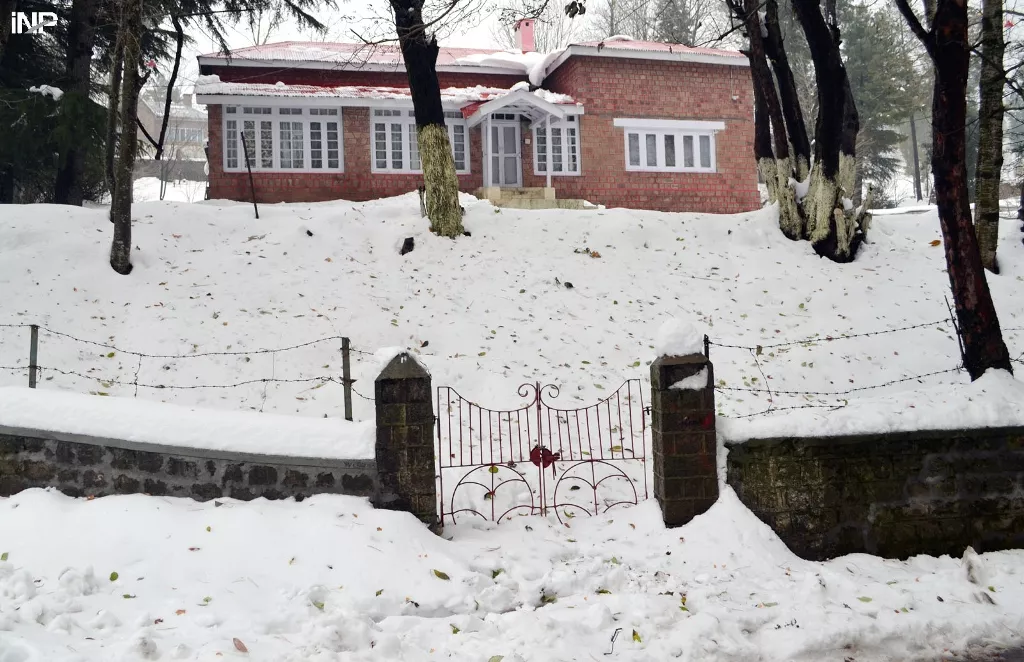‘70% infrastructure must be environment friendly by 2050’
WWF stresses need for sustainable development in post-coronavirus era

Ayubia National Park. PHOTO: WWFPAK
The three-day virtual workshop, titled 'Sustainable Infrastructure and Greening the Belt and Road Initiative,' is aimed at reviewing and establishing WWF's global sustainable infrastructure framework, with particular focus on energy and maritime and industrial infrastructure.
Infrastructure tax should go to Centre: DG Customs
"As we move through these extraordinary times of multiple global shocks hitting at once, we know the future will not look the same as it did a few months ago," observed WWF-United States sustainable infrastructure vice-president Kate Newman, explaining the need to develop sustainable infrastructure. "It is hard to predict what would be altered forever [or whether] people would fall back on old practices," she said, "but future infrastructure demand will certainly change."
According to Newman, "It will be crucial to meet these demands with a focus on sustainability rather than following the habits of the past."
In line with this argument, Special Adviser to the Prime Minister on climate change Malik Amin Aslam stated that infrastructure was the backbone of sustainable development in Pakistan.
Managing operational risks key to infrastructure projects
For this reason, Pakistan is working towards making energy, water, transport and even building systems sustainable, he elaborated, adding that the government was making all possible efforts to increase the country's forest cover and promote alternative energy solutions to meet energy requirements.
Aslam further stated that the government was also committed to optimising the use of nature-based infrastructure, as a means to conserve biodiversity and critical ecosystems in the country.
Speaking with particular reference to the Belt and Road Initiative (BRI), WWF- China chief executive officer Sze Ping Lo shed light on the opportunities and challenges of making infrastructure sustainable post-Covid-19.
"Due to a recession in the global economy and restrictions on the flow of supplies and workers, we have seen industrial production slowing down and related pollution dropping," he said, adding that while some infrastructure projects were delayed or suspended as a result, more opportunities for working on sustainable development would present themselves in the future.
Matiari-Lahore transmission line: PPIB extends deadline for achieving financial close
WWF-P director-general Hammad Naqi Khan, who also spoke on the occasion, explained that the objective of the workshop was to ensure that infrastructure services fell in line with sustainable development goals and, in effect, able to halt and reverse the unprecedented loss of biodiversity, putting nature on a path to recovery for the benefit of people and the planet.
He stressed that under the looming threat of climate change, a shift towards sustainable infrastructure was the need of the hour.
Published in The Express Tribune, May 8th, 2020.



















COMMENTS
Comments are moderated and generally will be posted if they are on-topic and not abusive.
For more information, please see our Comments FAQ